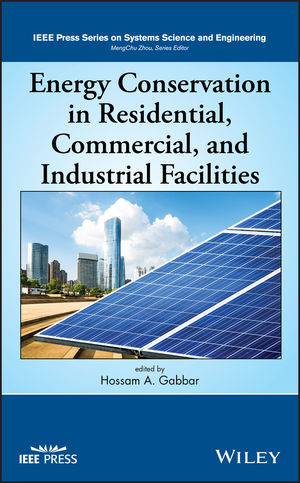Problems Exposed In The WTC Attacks
The day after the Towers collapsed, several energy supply problems became apparent. Customers whose buildings had been damaged but whose electric and gas services remained intact (or were quickly reestablished) could not return and restart their businesses. As a result, minimum usage requirements of power and/or gas contracts came into play, unless the customer invoked a force majeure clause.Employees managing those contracts were, however, dispersed to other locations and lacked access to their records. Since the attacks occurred near mid-month just before payments for the prior month's use were due, any unpaid invoices could also become subject to late payments.
When natural gas delivery service was knocked out, boilers in undamaged buildings downstream on the pipeline automatically shut down. Several had dual fuel (oil/gas) capability, but natural gas pilot lights used for oil ignition became inoperative. While such problems pale next to the death and destruction that occurred on September 11, they made a return to normalcy even more difficult.
Early Lessons Learned
Many large firms and institutions have disaster recovery plans. Those lacking them should immediately engage a professional with background in creating such plans. Since this form of recovery typically involves restoring building services (such as electric, hvac, and water supplies), contractors serving such customers should ask their clients when those plans were last reviewed, and offer assistance in updating them. Following are some steps to consider:
Making a Terrible Situation Easier to Handle
Being prepared for disasters makes good business sense. Doing so can mitigate economic damage. When disasters become intentional, however, being prepared should also be seen as one way to blunt the impact sought by America's enemies. ES



